10 Things You Didn't Know About Electric Cars
No, Tesla wasn't the first, but we're willing to bet there are other things you didn't know about electric cars that might surprise you.
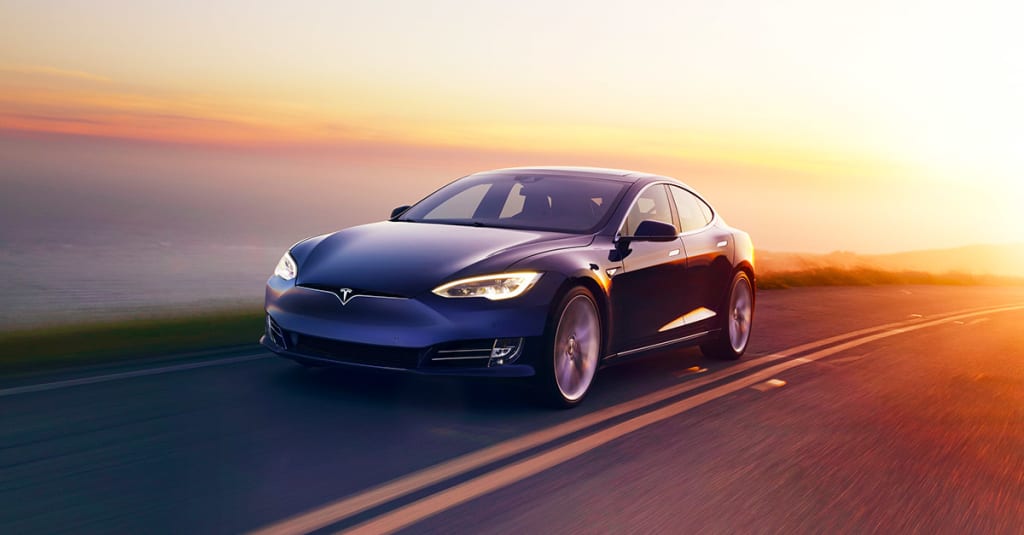
Electric cars are now starting to take over the markets, with charging stations appearing in major cities across America. Elon Musk and his Tesla cars have begun to be one of the biggest status symbols people can have—as has the Nissan Leaf and other hybrid cars.
It's safe to say that gas-free cars have really electrified the nation, and reduced our dependence on greenhouse gases. More of us than not have gone out and researched the benefits of driving a hybrid, and learned cool trivia about the new wave of cars hitting dealership lots.
Most people believe they know everything they need to about electric vehicles, but this isn't true. Even true car fans might find this list of things you didn't know about electric cars to be a bit shocking.
If you thought Tesla was the first electric car, you couldn't be more wrong if you tried. Electric cars have been around since before World War II, with many of them being somewhat close to gas cars in terms of speed; just check out these fastest electric cars you can buy if you don't believe me.
In fact, one of the strangest concept cars ever made, the Oeuf Electrique, was an electricity-powered car that was created by an artist and sculptor in 1942. Despite it being almost 80 years old, it still looks futuristic by today's standards.
The first electric car was made in 1884, actually predating most gas and petrol-powered cars. It was a contemporary of the Stanley Steamer, a steam-powered vehicle. Surprising, isn't it?
The reason why electric cars didn't take off was due to the extremely cheap price of gas, along with pressure from Big Oil. As a result, most concept cars that ran electric died out pretty quickly—which caused development to slow down and affect horsepower improvement.
Electric cars are way more efficient than regular cars.
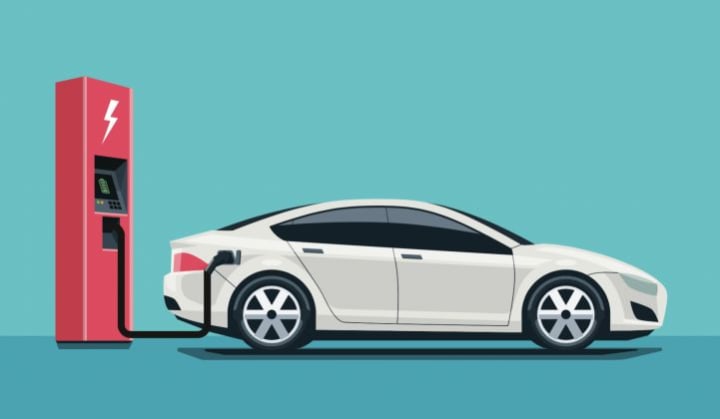
You might know that electric cars are more Earth-friendly, even forcing people to pose the question, "Are electric cars going to save the world?" One of the things you didn't know about electric cars are though is how efficient they are. Even their motors are more efficient than a typical car.
In a typical car, only 14 to 26 percent of the energy in the battery will be used to actually propel the car forward. With electric cars, 80 percent of the energy in your battery will be used to push your car forward.
With regular car brake systems, the brakes simply stop the car—nothing more. They tend to get wear and tear, which causes them to need to be replaced. You may have heard that electric vehicles rarely have brake issues, and that is usually true.
Electric vehicles are equipped with brakes that offer regenerative braking, which means that the energy made by slowing your car down gets funneled back into your car's battery stores. Regenerative braking systems have to be gentle, and are also more solidly built. So, you will probably notice lower maintenance costs as an extra added perk of riding around in an electric car.
They also have been proven to be viable.
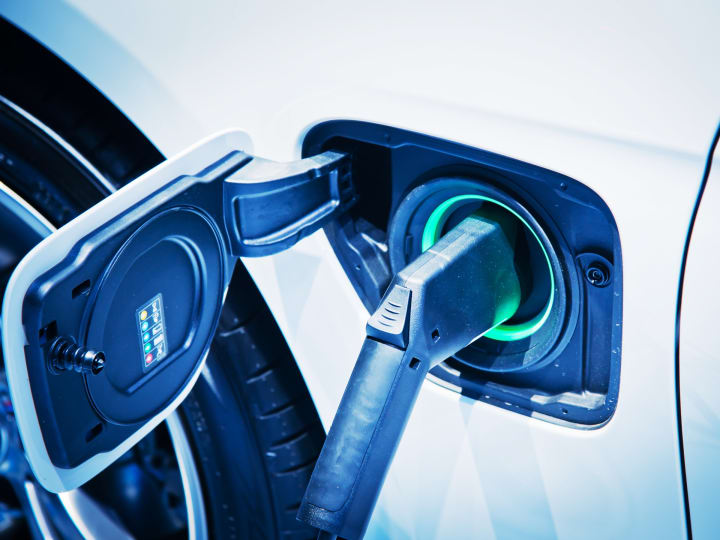
For the longest time, people were doubtful about electric vehicles and their ability to match gas-powered cars. These days, that doubt is rapidly fading away and is starting to be replaced with hope, faith, and excitement for the future.
Something you probably didn't know about electric cars involve the sheer number of tests that have been run on them—as well as the number of companies that have started to use them. Hundreds of tests have been used to determine their viability, and they've all proven to yield positive results.
As of right now, Frito Lay, PSE&G, and DHL have all begun to convert their fleets into electric cars. Even the city of New York has been looking into them for official use.
If you haven't been paying attention to trends, then one of the many things you may not know about electric cars is the sheer number of companies that have been offering up electric vehicles.
Over a dozen different electric car models are being offered for American consumers, with even more hybrid options available for those who want to keep a little bit of gas in the tank.
Some of the companies that offer electric cars include Nissan, Tesla, Fisker, GMC, Ford, Honda, and Toyota—just to name a few. Simply put, your favorite car brand probably has at least one or two options of the best electric cars you can buy right now.
The most expensive part of an electric car is the battery.
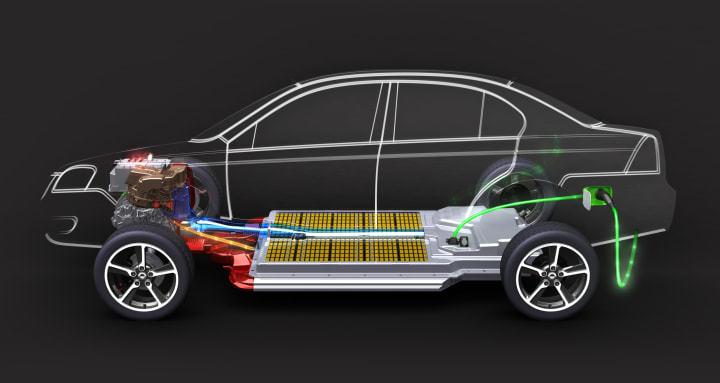
Assuming that you haven't owned an electric car or worked on them as a mechanic, it's pretty safe to say this is one of the things you didn't know about electric cars.
Most people assume that an electric car's parts are similarly priced to a gas-powered car's parts. For the most part, this is true... with one exception. That exception, of course, is the car's battery.
With a regular car, a battery may cost around $100 to $200 dollars. With electric cars, that price soars up to about $10,000 to $20,000 depending on the model that you have.
In other words, the majority of the price you pay for an electric car deals with its battery. In the future, prices of the batteries are expected to drop significantly. Until then, you better hope you don't have battery problems.
Though this is changing pretty quickly, certain parts of the country are just not electric car-friendly. In most areas, the vast majority of car charging is done inside residential homes.
Much of the Midwest and Southern parts of the United States are left without charging stations—and that can make it very difficult to travel if you are in an electric-only vehicle.
Currently, around 50,000 different public charging stations have been installed across the United States. As this number continues to increase, you will see the drivability of electric cars start to increase as well.
You really shouldn't worry about needing to plug in your car, though.
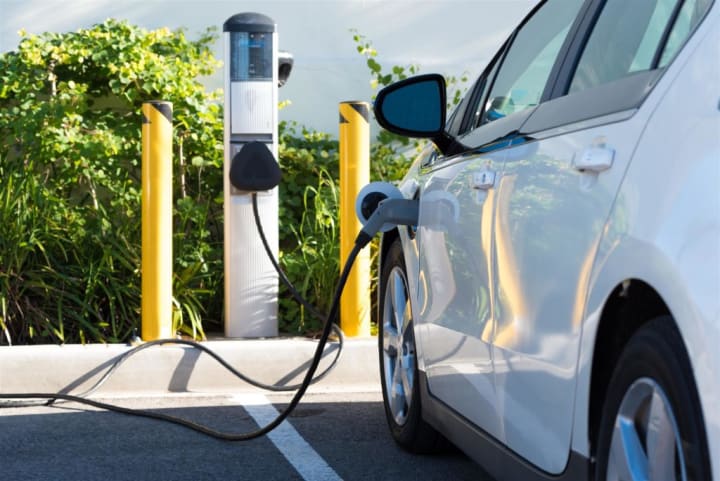
Despite the issue of charging stations being somewhat sparse in most parts of America, there's no reason to panic when it comes to doing a typical road trip. The vast majority of electric cars can handle upwards of 200 miles of travel before they need a recharge.
Some cars, such as the Model 3 Tesla, can go as far as 310 miles before you need to recharge. Considering that the average driver only goes about 30 miles per day, that's not too bad at all.
In the 1990s, talk of electric cars remained just that—talk. However, by 2000, people started to demand them in growing numbers. Believe it or not, multiple car companies were trying to make electric cars at the time. All of the projects were quashed and brushed under the rug. So, what happened?
That question was raised by the hit 2006 documentary, Who Killed the Electric Car?When audiences found out about the loss of electric cars, they rallied around them, and car companies were basically forced to capitulate to the growing demand.
They are deceptively heavy, but way quieter.
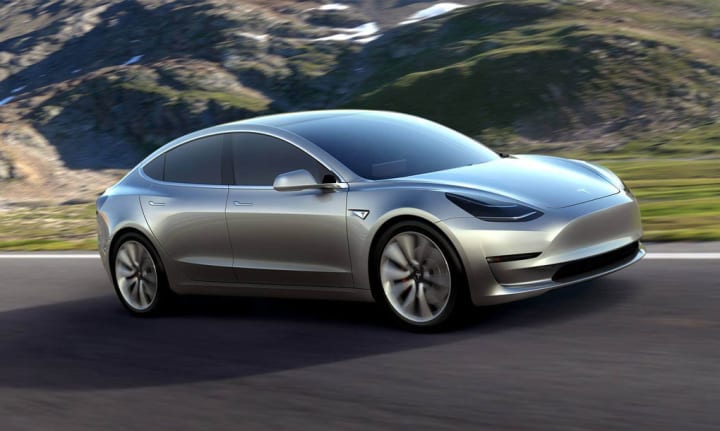
Ever notice how quiet electric cars are on the road? Believe it or not, that's actually due to the lack of gas combustion in their motors—and that's a universal design quirk that makes people pretty happy.
However, there are other things you didn't know about electric cars and their design. One of them is their weight. Due to the added equipment they require, electric cars are far heavier than their gas counterparts.
Thankfully, that issue won't impact gas mileage or speed at all. Electric cars are cool like that.
About the Creator
Buddy Brown
Detroit-born Buddy Brown is a 80s hair metal fan who loves cars, games, and sports. When he’s not drinking PBR while listening to Downtown Brown, he’s playing Grand Theft Auto or working on his El Camino.






Comments
There are no comments for this story
Be the first to respond and start the conversation.